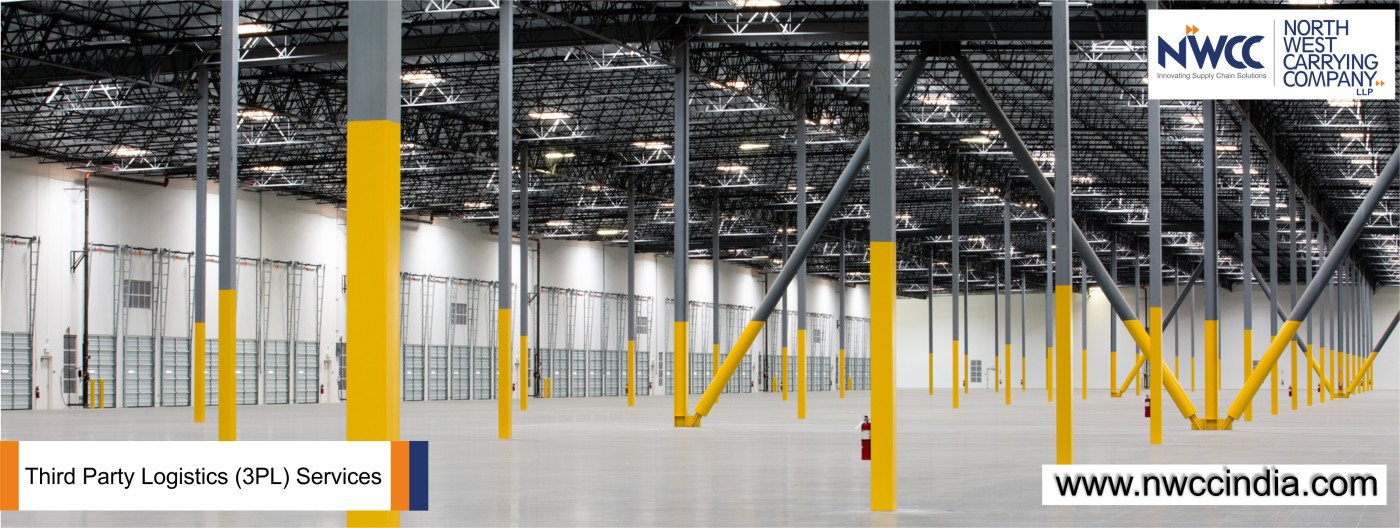
Third-party logistics (3PL) is a common practice for supply chain management in which a company outsources logistics functions to another company.
The functions that are outsourced vary from company to company, but usually include one or more of the following:
- Inbound freight
- Customs and freight consolidation
- Warehousing
- Order fulfilment
- Distribution
- Management of freight to customers.
Who is 3PL for?
Third-party logistics or 3PL is a business process followed by companies to outsource their logistics and supply chain activities to a service provider specialized in handling different logistics functions. 3PL service providers are specialized in handling different logistics function such as transportation, warehousing, and freight and forwarding. In addition, they provide various value-added services such as MIS in the supply chain. 3PL is helpful for companies that cannot purchase their own fleet of vehicles. In addition, 3PL services help companies to concentrate on their core business activity.
Using 3PL enables companies to enhance their customer service offerings because they can use the international distribution networks and insider knowledge of importing and exporting that have been established by the 3PL.
Using 3PLs is especially beneficial to medium-sized companies because they can remain lean and competitive, while receiving the most cost-effective services. Smaller companies might not benefit from using a 3PL because their logistics structure might not be large enough to justify the commissions that the 3PL will charge to take over planning and managing the functions. However, many major companies, such as Ericsson, Samsung, P&G uses 3PL Services for their logistics functions. Some companies find that using 3PL has disadvantages, including the following: Loss of control over the logistics function Loss of contact with clients Disagreements over the service level that should be provided Performance-based logistics contracts Defence programs in many developed nations have complex global supply chains.
Indian logistics market is expected to grow at a CAGR of 12.17% by 2020 driven by the growth in the manufacturing, retail, FMCG and e-commerce sectors.
India spends around 14.4% of its GDP on logistics and transportation as compared to less than 8% spent by the other developing countries.
3PL logistics market in India is expected to be worth US$ 301.89 billion by 2020.
It is estimated that the warehouse market in India is expected to grow at a CAGR of 10% whereas freight forwarding market is expected to grow at a CAGR of 12% till 2020.
This growth rate is based on the expectation that the new government will soon implement the GST regime and the logistics companies can optimize their operations to reduce cost and increase their margins. With the implementation of GST, the logistics companies, which are currently forced to set up many small warehouses across multiple cities can set up just a few, big warehouses region wise and can follow the hub-and-spoke model for freight movement from the warehouses to the different manufacturing plants, wholesale outlets, retail outlets and the various POS. This growth is also backed by the boom in the e-commerce sector and expansionary policies of the FMCG firms. This has increased the service geography of the logistics firms but they also have to meet the demands of quick delivery and tight service level agreements.
The Indian logistics industry spends around 14% of the GDP on different types of cost incurred in logistics operation. The amount of cost incurred is very high in comparison to the logistics cost incurred by different nations. The logistics firms are moving from a traditional setup to the integration of IT and technology to their operations to reduce the costs incurred as well as to meet the service demands. The industry as a whole has moved from being just service provider to the positon where they provide end to end supply chain solutions to their customers.
Evolution of 4PL in supply chain management 3PL is gradually evolving into what is known as 4PL, or fourth-party logistics.
A 4PL company is a supply chain services provider that searches for the best supply chain management solutions for its client companies. To do this, it does not use its own resources. Instead, it outsources to 3PL companies.








